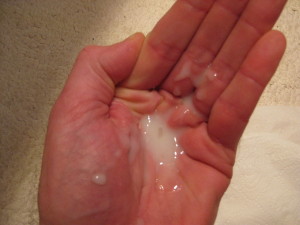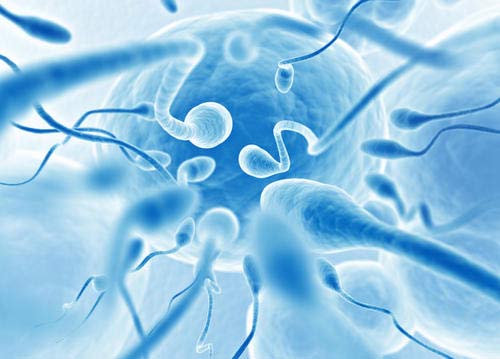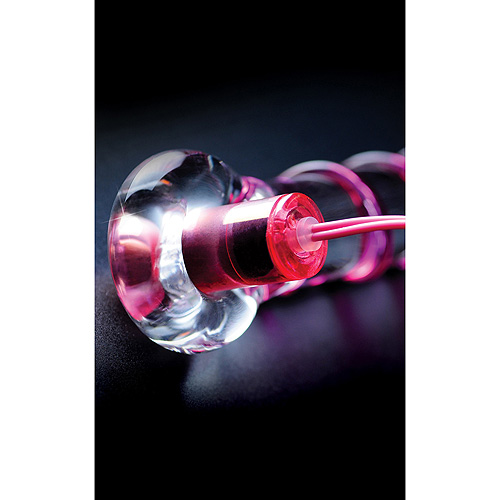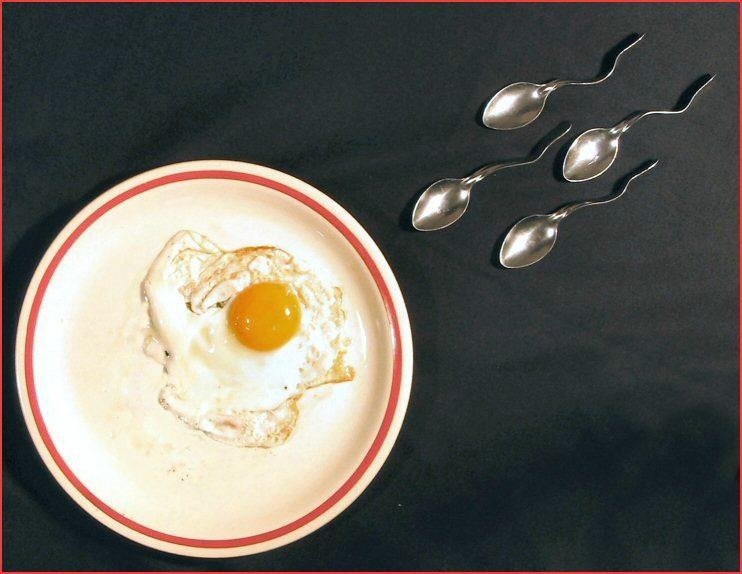Semen the 10 Health benefits
 Yes, semen is healthy for you!
Yes, semen is healthy for you!
It is based on the theory that seminal plasma (the fluid that provides nutrients and protection for sperm, consisting of a complex range of organic and inorganic constituents) may have many health benefits.
The alleged benefits of seminal plasma are activated when a man deposits semen into a woman’s vagina. Newer research suggests that the same benefits may be available if the seminal plasma is swallowed. Some theories even suggest that semen deposited anally will offer the same benefits. The existence of “butt plugs” suggest that some men may want to keep the seminal plasma inside.
1. Easing depression and stress
“The release from orgasm does much to calm people. It helps with sleep, and that is whether we talk about solo sex or sex with a partner,” she says.
I kid you not, ladies. Semen is good stuff. It gives a shot of Vitamin A, C, E, zinc, calcium, potassium, fructose, proteins — a veritable cornucopia of vitality!
2. Relieving pain
Orgasm is a powerful pain-killer. Oxytocin, a natural chemical in the body that surges before and during climax, gets some of the credit, along with a couple of other compounds like endorphins.
3. Boosting cardio health
I can’t resist another plug for semen. It’s possible that male goo can lower blood pressure. Another recent study found that women who gave their men oral sex, and swallowed, had a lower risk of preeclampsia, the dangerously high blood pressure that sometimes accompanies pregnancy.
No, I’m not making this up. “The present study shows that oral sex and swallowing sperm is correlated with a diminished occurrence of preeclampsia,” .
4. Countering prostate cancer
Over the past few years, several journals have published studies showing that the more ejaculations the better.
Now the Journal of the American Medical Association, no less, has reported that “high ejaculation frequency was related to decreased risk of total prostate cancer.” It doesn’t matter how a man climaxes — intercourse or masturbation. So next time he says, “Really, honey, it’s therapy,” he could be telling the truth.
 5. Healing wounds
5. Healing wounds
Some evidence suggests sex can be rejuvenating to the point of helping wounds to heal faster. Several experiments have shown that oxytocin can help even stubborn sores, like those suffered by diabetics, to heal by regenerating certain cells.
Maybe it’s the rejuvenation, maybe the happiness, maybe all of the above. One thing’s for sure: “Use it or lose it” is literally true. For example, postmenopausal women often suffer from “vaginal atrophy,” which is what it sounds like and can lead to all sorts of complications like urinary tract infections. What’s one way to prevent it? More intercourse.
Sex is a form of exercise, after all, and like all exercise, it burns calories and can help battle the onslaught of the years. In fact, nursing home experts say they wish oldsters would have more sex.
7. Increases energy,
Increased testosterone can have energy-boosting effects in women.
8. Improves memory & concentration–
Some findings suggest, that semen-exposed women perform better on concentration and cognitive tasks.
9. Helps with pregnancy maintenance
Another study that states that women who swallow semen while performing oral sex have less of a chance of developing preeclampsia, a high-blood pressure disorder that can come with pregnancy. Some doctors believe That prostaglandins in semen actually Induce labor in the full-term or past- due pregnancy, although other experts believe this semen work connection is only theoretical and That having fri does not trigger labor.
10. It increases testosterone,
women become more aggressive, initiates sex more…
Believe it or not, there are sperm pills on the market which can make sperm taste and look better.
What is in semen?
Sperm is only 1% of semen. The rest is water, mucous, sugar and other acids and bases. According to SemenTherapy.com, semen contains:
- ascorbic acid
 (vitamin C, for tissue maintenance)
(vitamin C, for tissue maintenance) - blood-group antigens (from immune system)
- calcium (mineral)
- chlorine (oxidizing agent)
- cholesterol (steroid alcohol present in body fluids)
- chlorine (base, part of the vitamin B complex)
- citric acid (occurs during cellular metabolism)
- creatine (nitrogenous substance found in muscle)
- deoxyribonucleic acid (DNA)
- fructose (sugar used for energy)
- glutathione (peptide amino acid)
- Glycoproteins (cancer fighting agent)
- hyaluronidase (enzyme)
- inositol (sugar found in muscles)
- lactic acid (byproduct of muscle use)
- magnesium (mineral)
- nitrogen (gas found in all living tissue)
- phosphorus (mineral)
- prostaglandins (good for pregnancy)
- potassium (mineral)
- purine (compound of uric acid)
- pyrimidine (organic base)
- pyruvic acid (formed from either glucose or glycogen)
- selenium (cancer fighting agent)
- sodium (salt)
- sorbitol (body alcohol)
- spermidine (catalytic enzyme)
- spermine (ammonia compound found in sperm)
- urea (from urine)
- uric acid (from urine)
- vitamin B12 (for proper function of nervous system and metabolism)
- zinc (mineral)
Impressed? You should be!


 Yes, semen is healthy for you!
Yes, semen is healthy for you! 5. Healing wounds
5. Healing wounds





